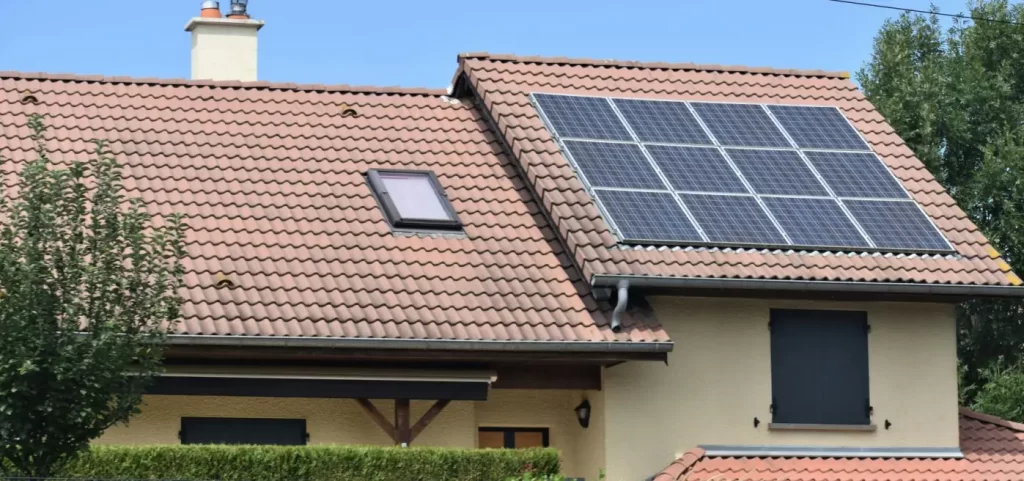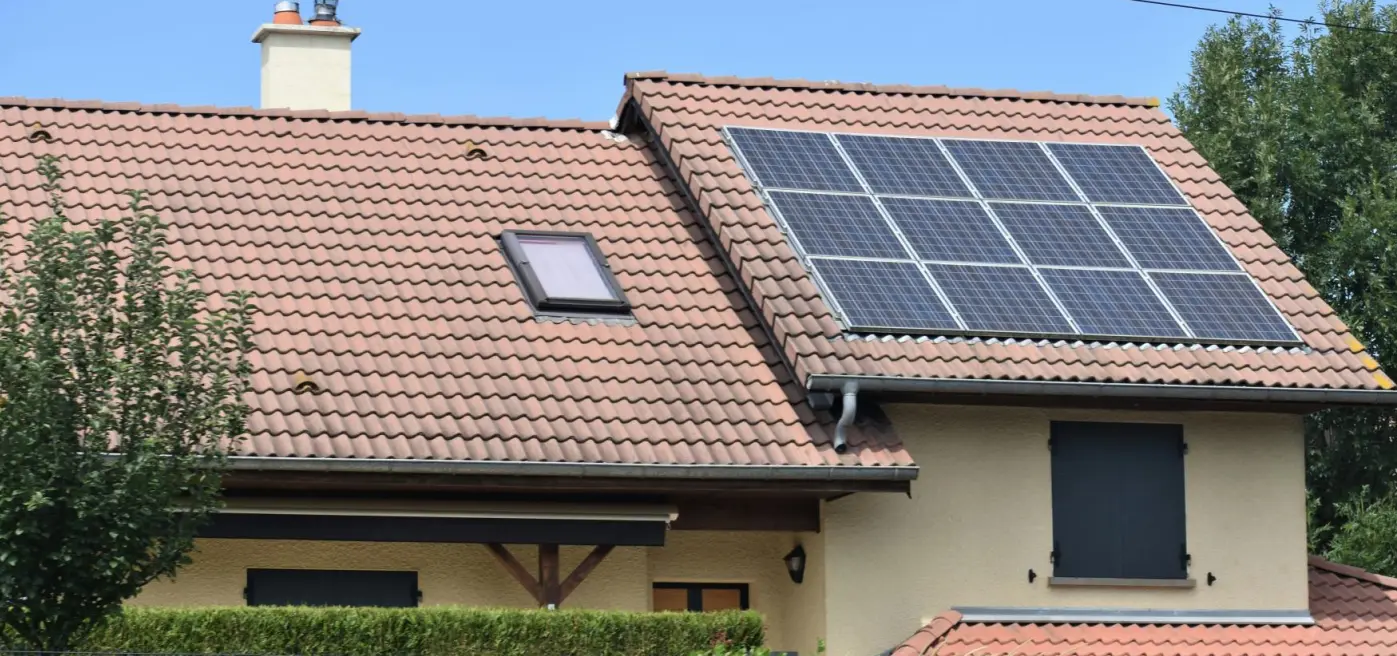
Certainly! Based on your request regarding the tax deductibility of a backup generator that uses clean energy, specifically solar panels and batteries, here is a detailed response with references to relevant legislation:
Federal Tax Credit
Under the Federal Investment Tax Credit (ITC), you may be eligible for a tax credit when installing a solar energy system, including solar panels and energy storage systems like batteries.
Key Points:
- Tax Credit Percentage:
- Systems installed in 2020 and 2021 are eligible for a 26% tax credit.
- In August 2022, Congress passed an extension of the ITC, raising it to 30% for the installation of which was between 2022-2032. (Systems installed on or before December 31, 2019 were also eligible for a 30% tax credit.) It will decrease to 26% for systems installed in 2033 and to 22% for systems installed in 2034.
- The tax credit expires starting in 2035 unless Congress renews it.
- Eligibility:
- The solar energy system must be installed on your primary or secondary residence.
- The system must be new and not previously used.
- The system must be placed in service during the year in which you claim the credit.
Legislation:
- The Energy Policy Act of 2005: This act initially established the ITC.
- The Consolidated Appropriations Act, 2021: Extended the ITC for residential solar installations.
State Incentives
Many states offer additional incentives, rebates, or tax credits for installing solar energy systems. These incentives vary by state and can significantly reduce the overall cost of your solar backup generator.
Examples:
- California: The Self-Generation Incentive Program (SGIP) provides rebates for energy storage systems.
- New York: The NY-Sun Initiative offers incentives for residential solar installations.
Business Use
If the backup generator is used for business purposes, it may also qualify for additional tax deductions under the Modified Accelerated Cost Recovery System (MACRS), which allows businesses to depreciate the cost of solar energy property over a five-year period.
Reference:
- IRS Publication 946: Provides guidelines on how to depreciate property under MACRS.
If you install a solar-powered backup generator, you may be eligible for federal tax credits and potentially state incentives, depending on your location. Always consult with a tax professional to understand how these credits apply to your specific situation and to ensure compliance with all relevant tax laws.
For more detailed information, you can refer to the IRS guidelines on the Residential Energy Efficient Property Credit and the Database of State Incentives for Renewables & Efficiency (DSIRE).





